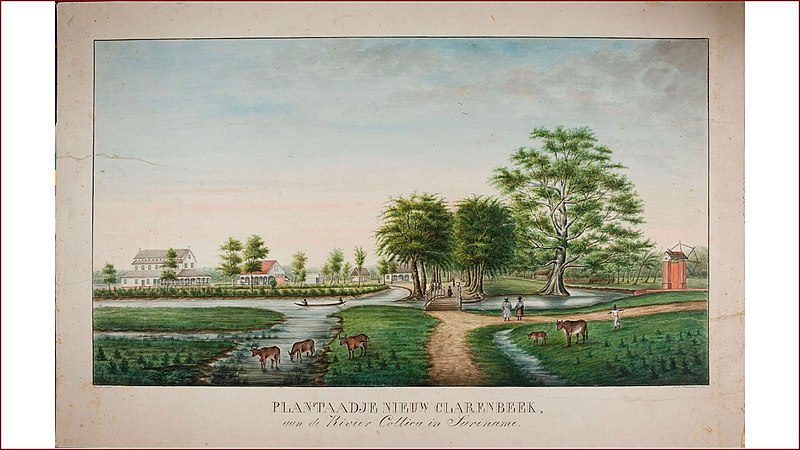
Once a colonial power, the Netherlands is now being hit by wokeism and the injunction to repent like other European countries such as Great Britain or France. The Netherlands—in the past a major player in international trade with colonies in Indonesia, the Caribbean, and Latin America—became massively rich thanks to slavery and must now ask for forgiveness. But this position is far from being unanimously accepted.
During a visit to the Caribbean, Dutch Prime Minister Mark Rutte on Monday, December 19th, acknowledged his country’s involvement in slavery, now denounced as a crime against humanity, and asked for forgiveness for the mistakes made by Dutch governments in the past.
“Today I apologise for the past actions of the Dutch State to enslaved people in the past,” he said. Rutte, however, was initially not in favour of a state apology.
The Dutch are said to have deported 600,000 slaves from Africa to the Americas between the 17th and 19th centuries to be employed on sugar, coffee, and tobacco plantations. These crops and the associated profitable trade were the sources of considerable wealth. A research institute has established that 40% of the wealth of the province of Holland between 1738 and 1750 was dependent on slavery.
But the manner in which the head of government apologised did not go down well. The government was criticised for a ‘colonial’ approach in its apology and for insufficient ‘consultation’ on the subject—proof that the process of blaming former colonial powers can be restarted endlessly.
Several foundations in the former Dutch colony of Suriname are lobbying for a more formal apology to be made on 1 July 2023, the 160th anniversary of the Emancipation Act, which marked the beginning of the overthrow of slavery in the Dutch colonies. The law was passed in 1863 but did not come into full force in Suriname until ten years later, as it was not initially binding.
The issue at stake is symbolic—asking for a formal pardon—but also financial. It is expected that the Dutch government will provide generous public funding for awareness-raising and remembrance projects—including the construction of a slavery museum in Suriname.
The contemporary Netherlands is now being singled out by international bodies. The UN rapporteur on racism judged in 2020 that the country was not doing enough to deal with the issues of racism and discrimination inherited directly from the colonial past. An independent report launched following the Black Lives Matter movement led to the same conclusion, forcing the ministry of foreign affairs to apologise.
The issue of repentance is a sensitive one among descendants of slaves: according to the BBC, 70% of the African-Caribbean community in the Netherlands, which mostly consists of descendants of slaves, believe an apology is important. But this percentage is not found in the Dutch population as a whole: only 38% of Dutch people think it is necessary. There are many objections to the repentance injunction. Some point to the exorbitant cost of reparations measures, while others criticise the principle of collective responsibility—and hence collective reparation.
Today, several Dutch cities which were enriched by slavery have lent themselves to the game of repentance, such as Amsterdam, Rotterdam, Utrecht, and The Hague. The national bank, De Nederlandsche Bank, also apologised for its role in the triangular trade.
King Willem-Alexander has called for an independent inquiry to determine the exact role played by the Dutch royal family during the colonial period. In January, he decided to stop using the coach traditionally used to transport the sovereign at the opening of the parliamentary session because of the iconography visible on the vehicle. It showed black and Asian people—one of whom is kneeling—offering goods including cocoa and sugarcane to a seated young white woman symbolising the Netherlands. However, he said: “Simply banning historical objects and symbols is certainly not a solution either”—proof that the debate is sensitive even at the highest level of the state.
